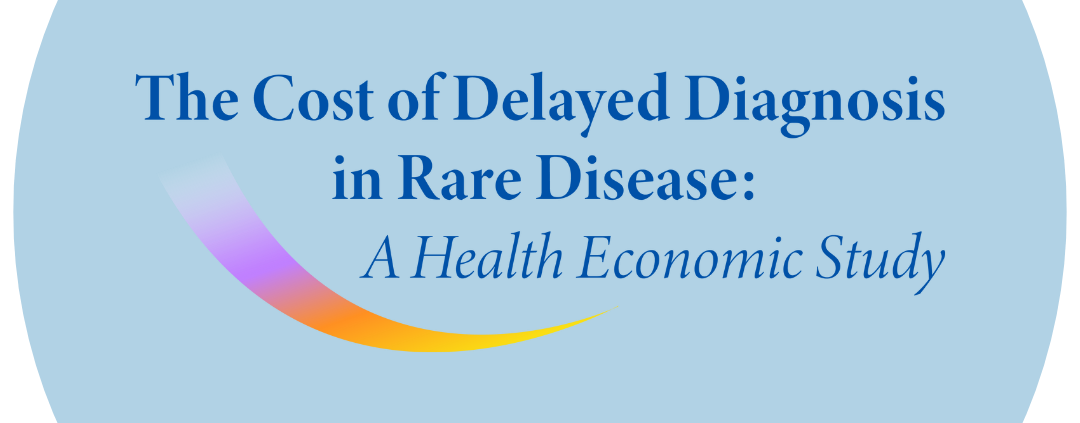The Cost of Delayed Diagnoses: Why Early Detection Is Crucial
Early detection remains one of the most powerful tools in managing serious health conditions. From cancer and diabetes to heart disease and neurological disorders, catching symptoms early can lead to better treatment outcomes, fewer complications, and even save lives. Yet even with modern healthcare systems, diagnosis delays still happen, and the results can be devastating. Whether caused by overburdened systems, missed warning signs, or communication failures, the impact on patients and their families can be significant.
Understanding the causes and knowing what steps to take is key to protecting both your health and your rights.
Why Timing Matters
According to the World Health Organization, early diagnosis improves survival rates and leads to more effective, less expensive treatments. For example:
- Cancer: Early-stage cancers are often treatable with simpler interventions. Late diagnoses, on the other hand, can mean more aggressive treatments and reduced chances of survival.
- Diabetes: Diagnosing diabetes early allows patients to manage blood sugar levels and prevent long-term complications such as nerve damage or kidney disease.
- Heart disease: Early identification of cardiovascular risks can prevent heart attacks and strokes through lifestyle changes or medication.
When diagnoses are missed or delayed, illness can advance without intervention, sometimes leaving irreversible effects on someone’s wellbeing and daily life
What Causes Delays in Diagnosis?
Unfortunately, even with advancements in medicine, delays in diagnosis remain a problem. Several systemic and human factors contribute to this issue, including:
- Overloaded healthcare systems where appointment slots are limited and waiting times are long
- Fragmented care, with patients seeing different professionals and repeating information
- Overlooked or misunderstood symptoms, especially when patients feel rushed during consultations
- Miscommunication between departments or healthcare professionals
A recent report from TMLEP stresses that these delays can significantly increase the risk of serious complications, including disease progression and emotional distress for patients and families.
What You Can Do as a Patient
While you can’t always control the healthcare system, there are steps you can take to reduce your risk of a delayed diagnosis:
- Track your symptoms: Keep a detailed log to help your doctor spot patterns or worsening conditions.
- Ask questions: Don’t hesitate to ask why certain tests are being done—or not done.
- Seek a second opinion: If something doesn’t feel right, it’s okay to ask another professional for their perspective.
- Follow up: If you’re waiting on results or referrals, follow up with your GP to avoid falling through the cracks.
By staying proactive, you not only stay in control but you also prompt the system to act when required.
When Delays Lead to Harm
In certain cases, a delayed diagnosis may lead to unnecessary suffering, declining health, or fewer available treatment options. It’s completely understandable to feel disappointed or frustrated when this happens. If the delay was due to avoidable errors, miscommunication, or negligence, there may be grounds for a medical negligence claim.
Speaking with a specialist in medical negligence can help you understand your rights and what next steps might be available to you.


